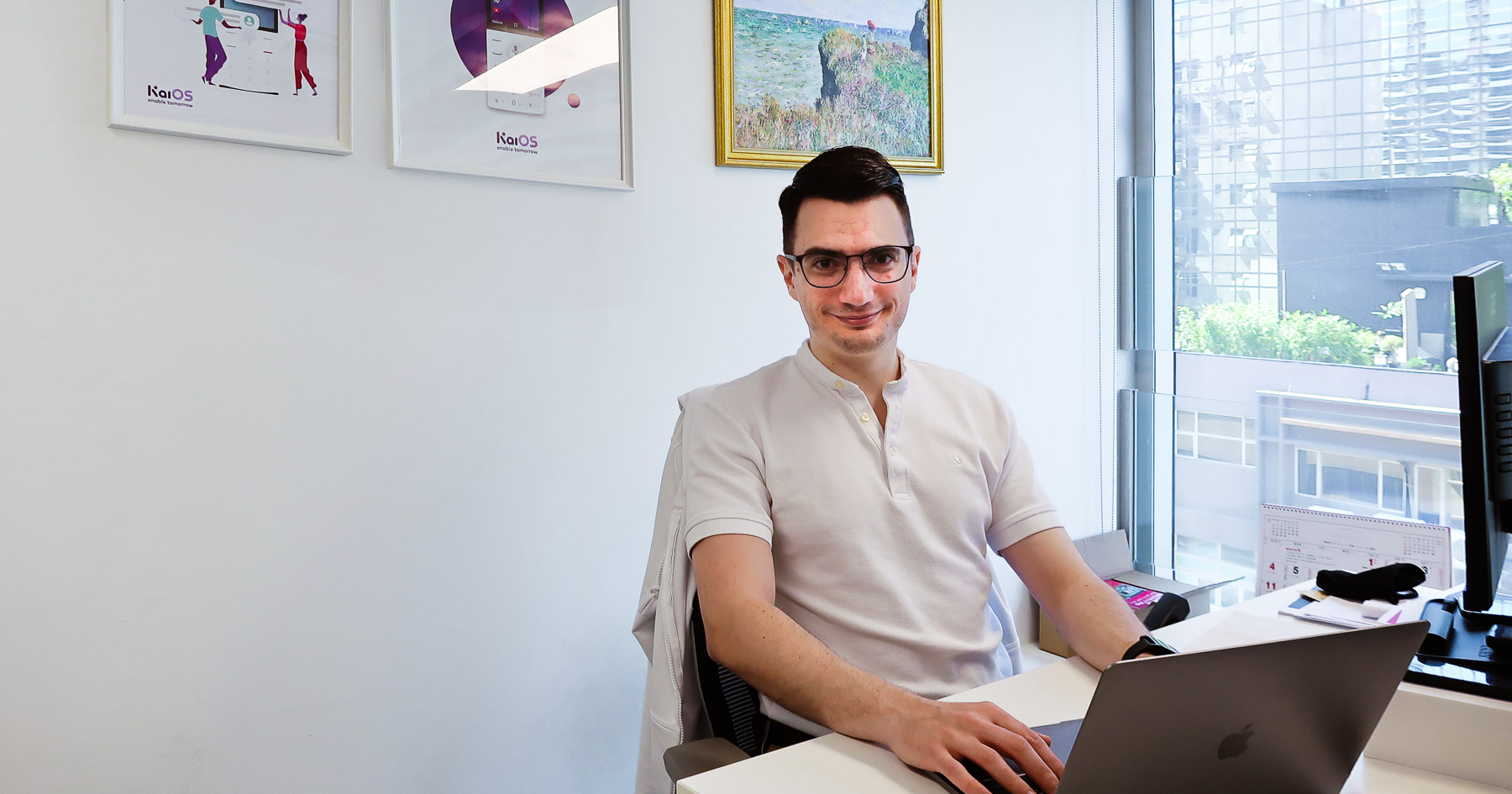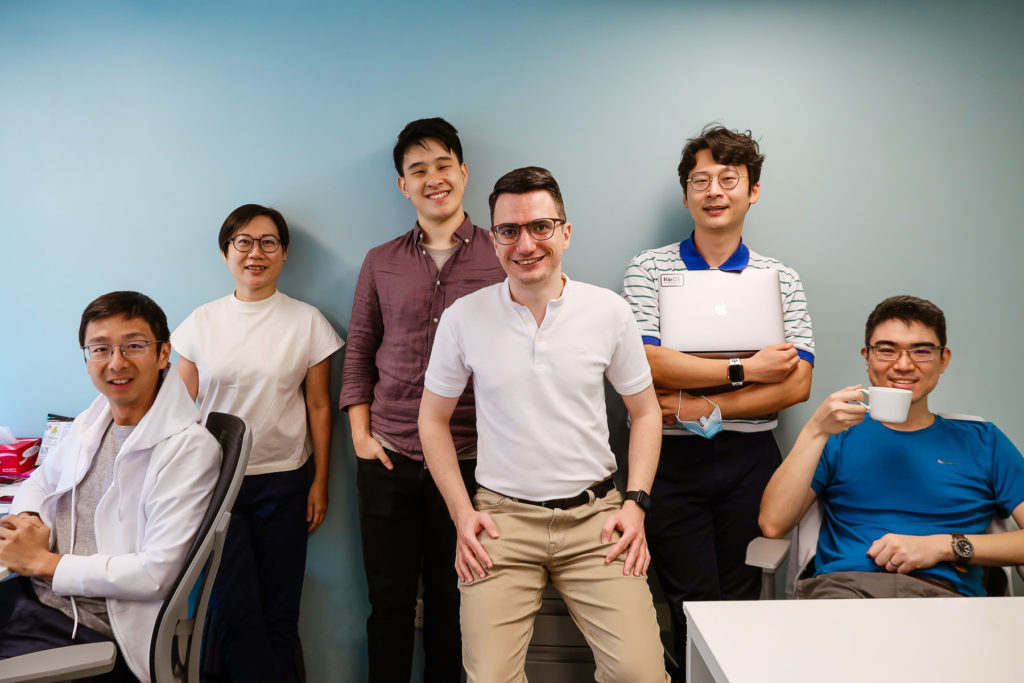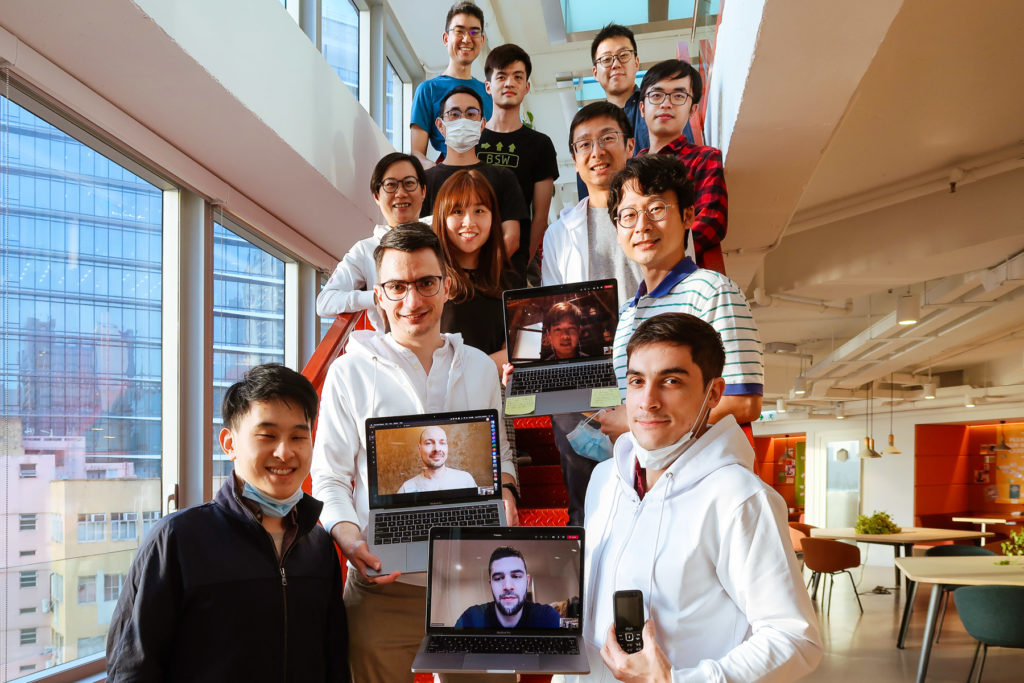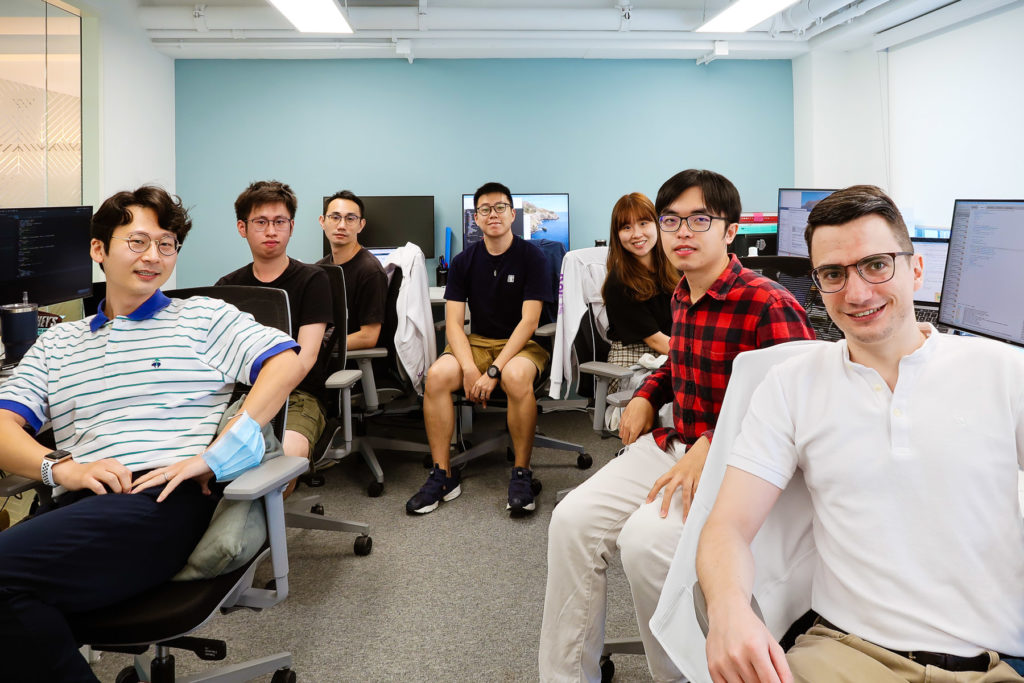
Rémy Trichard was pursuing a Master’s in Computer Science in Oxford, England, when he saw the 2008 Beijing Olympics opening ceremony. The firework footprints that “stepped” from Tiananmen Square to the Bird’s Nest stadium impressed him. “It really struck me. I still have a picture in my mind of those footsteps in the sky. To me, it was like cognitive dissonance with the image I had of Mao’s China. I was like: Something is happening over there [in Beijing].” As soon as he graduated, he went to see what it was.
In China, he quickly established himself as an IT consultant. Despite having limited knowledge about the country and not speaking a word of Mandarin, he could code — a skill in high demand at the time.
He likens his move to China to jumping into the ocean before learning how to swim. “I had to figure out everything. How to speak Chinese, how to live in China, how to set up a company, how to make a living.”
After successfully creating a profitable business in his first year in Beijing, Rémy felt confident to launch a second startup. This one, he says, “failed miserably.” His key learning? “Unless you have deep pockets, you can’t focus only on growth; you must take care of the bottom line as well.” This lesson has come in handy many times since then and serves Rémy well in his current role at KaiOS.
Moving on from the second startup, Rémy got a job at RenRen, the Chinese equivalent of Facebook. He continued working for Chinese internet companies until 2017, when, together with a few colleagues, he founded his third business: Terark, a storage engine for database and data systems.
Terark was profitable in year one and quickly attracted interest from potential buyers. By the time Terark was sold to ByteDance, the company that owns TikTok, Rémy was ready for a new challenge. He spent a few months in Singapore but eventually decided to relocate to Hong Kong. He had a good reason: starting an exciting new chapter in his career as Monetization Products Director at KaiOS.

Remy and his monetization’s products team at KaiOS office
Remy’s personal mission at KaiOS is to ensure the KaiOS ecosystem brings value to all stakeholders, including users, developers, carriers, and manufacturers.
Currently, KaiOS has four revenue sources: advertising, mobile payments, device financing, and B2B services. Part of Remy’s job involves identifying strategies for, as he puts it, “making money after a KaiOS phone is sold.” Another is figuring out ways to keep users active and engaged. “We work to create value for users through content that’s interesting to them, that keeps them coming back, that gets them curious to try more apps.”

Remy and his monetization’s products and engineering teams pictured in the Hong Kong office , together with those located in other sites
Because typical KaiOS users live below the poverty line in emerging markets, “creating value through apps” could mean delivering coronavirus prevention tips via push notifications. Or enabling “unbanked” individual in Africa to send and receive money online. “Even though my job is to monetize our platform, to make it viable and consistent, it often feels like I work for a mission-driven NGO,” says Rémy. “We are definitely doing some good in the world.
Although he counts the opportunity to make a difference as one of the main perks of working for KaiOS, there is more that he is excited about. Despite the fast growth of KaiOS over the past years, the Hong Kong office, where most of the Monetization team works, still feels like a startup: fast-paced, innovative, growth-focused — in other words, the opposite of boring. “We have to be at the top of our game every day. We have fewer resources than Google and Apple, so we need to work faster and smarter.”
That, he says, requires being resourceful and even a little bit crazy. “You have to be crazy to think you can change the world,” he says. In one year, he’s grown his team from three to nearly twenty “crazy” engineers — and he’s currently hiring more. “We are looking for curious, smart, driven, and technically strong professionals in need of a big challenge,” he says. “This isn’t a job, but a mission for the hungry, the foolish, and the crazy ones!”

Remy and his monetization’s engineering team
Enjoyed this profile of Rémy Trichard? Check out our previous installment in this series, an interview with Agnes Lo, HR manager, and learn how we recruit at KaiOS.
Comments